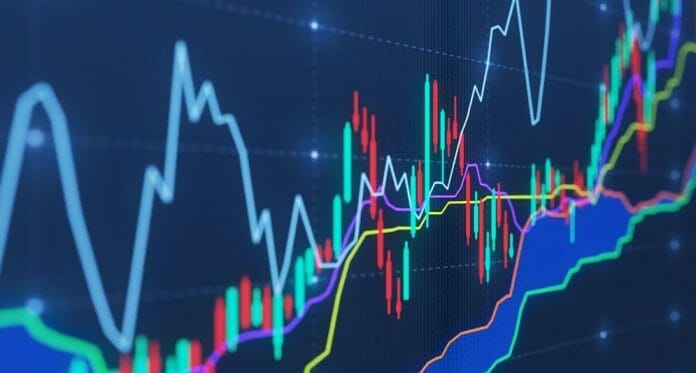Asian shares struggled for direction on Friday (Sept 2) and the US dollar stood tall ahead of a key US jobs report as investors braced for more aggressive rate hikes from the Federal Reserve, while fresh lockdowns in China fuelled concerns about global growth.
However, things look brighter in European markets, with the pan-region Euro Stoxx 50 futures last up 1.2%, German DAX futures rising 1.3% and FTSE futures 0.75% higher.
All eyes are now set on US August nonfarm payroll data due on Friday.
Analysts expect 300,000 jobs were added last month, while unemployment hovered at 3.5%. Investors may not like a strong number if it supports a continuation of aggressive rate hikes from the Fed, which could further boost the US dollar and spur a sell-off in bonds.
Futures markets have priced in as much as a 75% chance the Fed will hike by 75 basis points at its September policy meeting, compared with a 69% probability a day earlier.
On Friday, MSCI’s broadest index of Asia-Pacific shares outside Japan fell 0.5%, heading for its worst weekly performance since mid-June with a tumble of 3.6%, as rising expectations of hawkish global rate hikes hit risky assets.
Japan’s Nikkei dipped 0.1%, Chinese bluechips dropped 0.5%, Hong Kong’s Hang Seng index fell 1% and South Korea remained largely unchanged.
“Markets broadly continue to absorb that central banks’ ‘whatever it takes’ to lower inflation message means much slower global economic growth,” said Tobin Gorey, agriculture strategy director at the Commonwealth Bank in a note. “And China’s weakening economy is an amplifying special factor in that scenario.”
On Thursday, the southwestern Chinese metropolis of Chengdu announced a lockdown of its 21.2 million residents, while the technology hub of Shenzhen also rolled out new social distancing rules as more Chinese cities tried to battle recurring Covid-19 outbreaks.
Analysts at Nomura said what is becoming more concerning is that Covid-19 hotspots in China are shifting away from remote regions and cities to provinces that matter much more to China’s national economy.
“We maintain the view that China will keep its zero-Covid policy until March 2023, when the (leadership) reshuffle is fully completed, but we now expect a slower pace of easing of the zero-Covid policy after March 2023,” Nomura said.
Oil prices tumbled 3% overnight before recovering some ground on Friday but were on track to post sharp weekly losses on fears Covid-19 curbs in China and weak global growth will hit demand.
Brent crude futures rose 2% to US$94.15 a barrel on Friday while US West Texas Intermediate (WTI) crude futures were up by a similar margin to US$88.34 a barrel.
In the currency markets, the dollar index, which measures the greenback against a basket of six currencies, hovered near its 20-year high at 109.49 on Friday. It also hit a new 24-year high against the rate-sensitive Japanese yen and stood back above 140 yen per US dollar.
Overnight, US stocks eked out modest gains with the US S&P 500 index climbing 0.3%. The Nasdaq Composite finished down 0.3%.
In Europe, fears of a recession are on the rise, with a survey showing on Thursday that manufacturing activity across the euro zone declined again last month as consumers feeling the pinch from a deepening cost of living crisis cut spending.
Treasury yields eased slightly ahead of potentially strong payrolls data.
The yield on benchmark two-year notes edged 2 basis points lower to 3.5046%, while the yield on 10-year bonds stood at 3.2556%, compared with its previous close of 3.2650%.
Gold was slightly higher. Spot gold was traded at US$1,699.19 per ounce. – Reuters









